I HAVE A VIRTUAL REALITY machine in my fridge. It’s a
banoffee pie, and when I eat two of them in the dark while listening to the
Beatles’ White Album, I am far, far away on another planet, no hardware
necessary.
But the
global tech industry doesn’t know about this (shhhh!), so this year, expect to see
virtual reality headsets on the shelf from Oculus Rift (Facebook), Samsung,
Sony, HTC and Google.
VR glasses
were dreamed up, of course, by a science fiction writer – the brilliant Stanley
G. Weinbaum, who wrote a tale in 1934 about a headset which convincingly made
the wearer feel that he was in a different world.
But it has
taken more than 80 years for Stanley’s mental creation to become physical reality. Not that people haven’t been trying to launch
them. Way back in 1991, Computer Gaming World predicted that there would be
“affordable VR by 1994”.
Not quite. But now, in 2016, it’s finally here, or so we are told.
Will it work this time? Why did it
take so long, and why is VR having such a difficult birth? Here are 10 mistakes
that the VR industry has been making, again and again.
*
1) We fail to realize that virtual reality is not a
storytelling medium at all
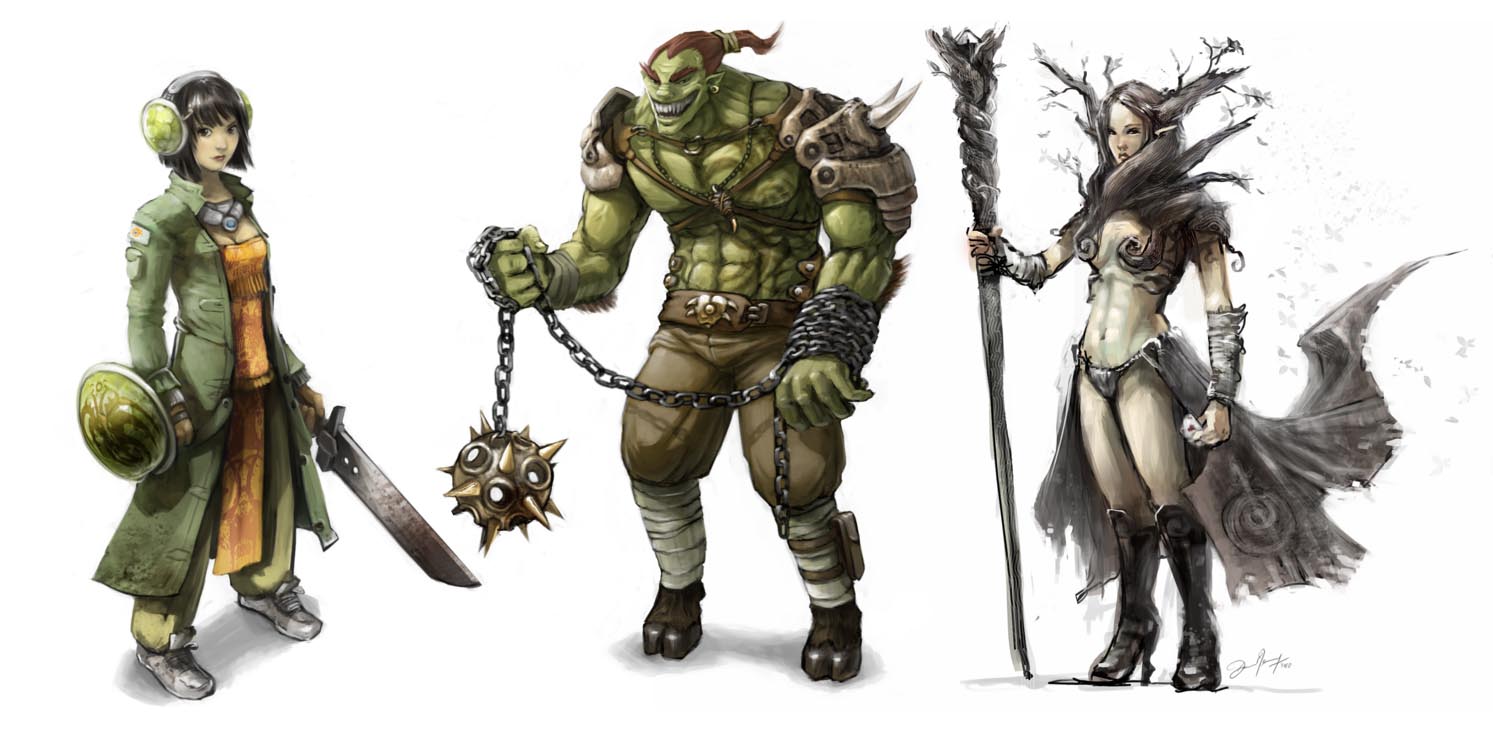
(Image: David Revoy / Blender Foundation CC BY 3.0, via Wikimedia Commons)
The heart of a story is NOT the world the audience enters. It is the recreation of the outer and inner journeys taken by an individual, whose emotions the audience shares, and whose moral decisions lead to karmic outcomes the reader/ viewer has a strong desire to know.
In virtual reality, the protagonist is entirely missing, as the user hogs this central position.
*
2) We fail to notice that virtual reality’s unique selling
point, total 3D immersion, is not a key element of entertainment
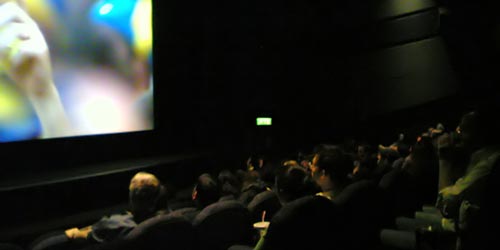
(Image: Frankie Roberto, Public Domain)
Your imagination gets caught up in compelling novel or audiobook or movie or stage drama but your body stays firmly in the chair. That’s how it has been for a long time, and guess why? Because that’s how we like it.
Attempts to augment that by, for example, shaking the movie house chair or spraying water in your face, have never been more than niche. We PREFER to watch the imagined world from a comfy seat in the real world.
We’re dualists. Bodies here, minds elsewhere.
*
3) We fail to realize that being unable to hear grandma or
some stranger next to you, snorting at the funny bits a minute later than
everyone else, is NOT a plus, surprisingly
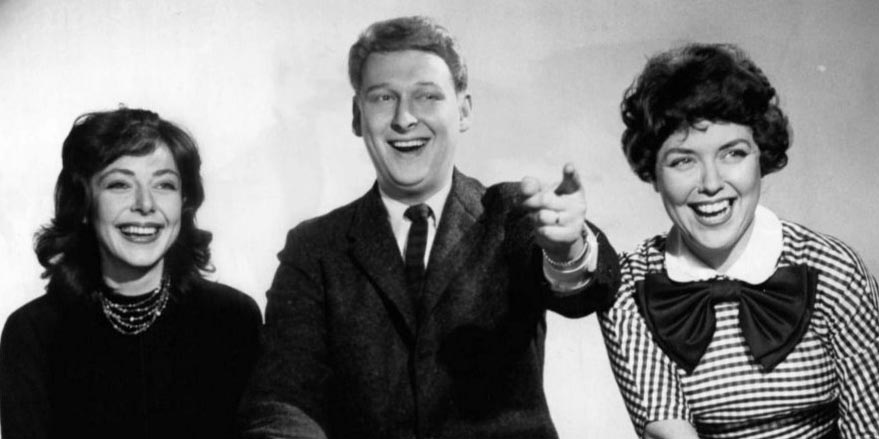
(Image shows Elaine May, Mike Nichols and Dorothy Loudon; public domain)
In audience-based activities, from theatre to cinema to stand-up
comedy to concerts, only part of the magic is what happens on stage. A big part
of it is the shared emotion of audience members. Laughter is infectious—but so is
weeping, and so are shivers.
People who build basement cinemas in their homes
find that what they miss most are the bodies in the other seats. Human nature
makes it difficult to appreciate experiences which are not shared.
*
4) We fail to notice that cutting out the Journey Guide
removes entertainment’s single biggest attraction

(Image copyright: Walt Disney Pictures, Jerry Bruckheimer Films, First Mate Productions Inc)
People don’t buy books, we buy authors. I buy every
audiobook with “Adrian McKinty” listed as author because his writing transports me to Ireland. My wife went to every Johnny Depp movie because Johnny Depp was in them, until
they become unwatchable.
It’s the Journey Guide—the author, the director, the
actor—who enchants us. In VR, the
journey guides have been cut out of the equation. Since you make the decisions,
you’re on your own.
*
5) We fail to realize that the wow doesn’t last.
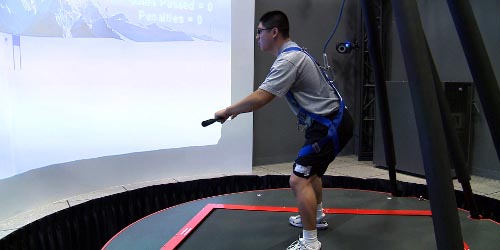
(Image: US Government, public domain)
Yes, there’s a big wow factor in trying out VR headsets, or
reading reviews by people who have done so. But they have done so in trial
situations, where people are demonstrating the equipment.
This doesn’t mean
that the average person wants that experience several hours of VR a day every
day of the week. We need to find a way to go beyond the wow.
*
6) We fail to realize that VR is mostly used only as a
stylish environment delivery system
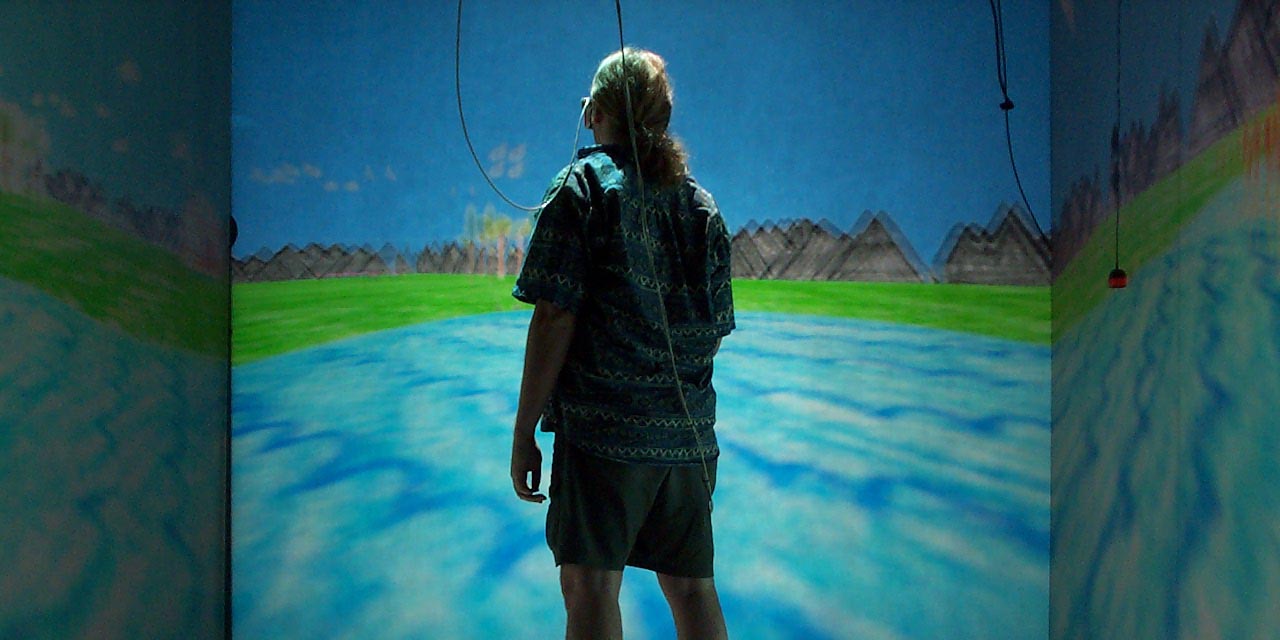
(Image: EVL, University of Illinois at Chicago)
In fact, VR is not an entertainment delivery system at all –
it’s an ENVIRONMENT delivery system, which is not the same thing. VR makes you
think you are somewhere else. That’s cool. Er, right. Now what?
The obvious
uses would be, say, to use VR magic to put you into the front row of a concert,
or give you the VIP seats at a Broadway show. But of course, you could actually
go to a concert or a Broadway show, which would likely effect you more
powerfully.
*
7) We fail to realize that “Move over and let me have a go,
God” is an impossibly tough challenge to give ourselves

(Image: Pixabay; Public Domain)
It’s simply not do-able, but that’s what we are trying to do.
Reality is a pretty amazing place, with great visuals, unbeatable graphics,
astonishing special effects, heart-smashingly complex characters and no lag
time at all.
To tell people we are going to recreate all that and put it into
chips and do just as good a job as Mother Nature does—well, that’s a losing bet from the
outset.
*
8) We fail to notice that nightclubs, theme parks and even
avant garde restaurants already do what we are trying to do, and do it better

(Image: By Fabric, Public Domain)
Want to go to a mind-blowing environment filled with
beautiful, exciting people? Want to dance like a hip-hop star? Want to get
dizzy? Want to visit Tarzan’s Treehouse? Want to have so much fun you fall
over?
The nightclub and theme parks are over there, bud. And the hotdogs are
real.
*
9.) But unlike
restaurants and nightclubs, VR gives you a fabulous environment AND tells you a story, we
say—but in truth, we fail to realize that modern theatre does that combo better
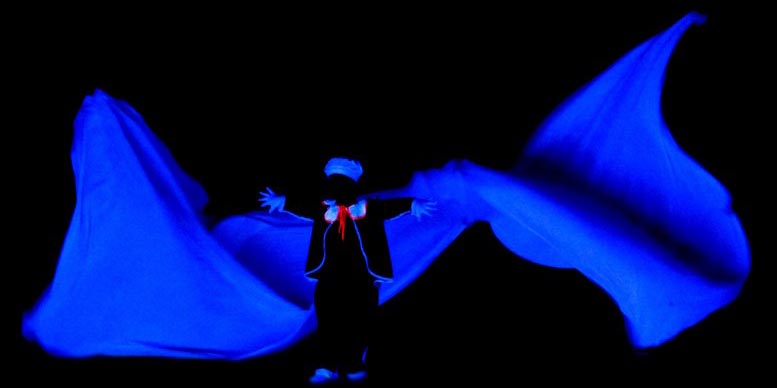
(Image: Black Light Theatre, CC By SA 3.0)
You’re in a dark space, there are some strange, dancing
shapes approaching, and a compelling voice is filling your head with ideas
which will turn into a gripping tale. You end up wowed by the sheer creativity
of the entertainment.
It’s called theatre, and some of the story development
staff, like that Shakespeare guy, are pretty talented.
*
10) We retreat to a position where we say: you gotta admit
VR is perfect for games, such as first-person-shooters—yes, but people were playing
paintball 15 years ago, and humans have this amazing thing called “the imagination”
which enables even children to conjure up fantastic environments in which they
can place themselves.

(Image: Ryan Hickox / Flickr, Some Rights Reserved, Creative Commons License)
And to me that last point is the key issue. Creating devices
that do all the work of the imagination for us is not necessarily a good thing,
and indeed might be a very bad thing indeed.
Humans need
to contribute to the entertainment experiences they use. We need to visualize things. We need to have
a measure of control over the stories we step into: psychologists know that
this is vital for young people, but in truth, we all need it. Our imaginations give us all this and more.
Look at
classic media. People have predicted the end of the book for more than 100
years, but it is alive and well and spinning into multiple formats. Humans are
addicted to scanning the marks on the page and hallucinating those amazing
scenes for themselves. Get lost in a good book and you can FEEL your
imagination growing.
Audiobooks
have seen explosive growth in recent years because many of them have the same
high quality stories that we get from novels, but they are acted-read by
professional actors. Yet they are audio only, so as we listen, we find a space
in which we, the listeners, can use our imaginations.
Movies are
largely products of other people’s imaginations, but I believe that if they are
idea-packed, well-made, and have a range of dynamics, they often trigger our
own.
NOW THE GOOD NEWS
Yet despite all this negativity, I am not against the
development of the VR industry, nor do I think they are going to be a failure. Quite
the contrary. They will be huge.
As with any new media industry, there will be
a rush of new products and new formats. Many will fail, a few will succeed.
And
in the long run, we will end up with a limited line of items that will point to
the long-term future of the industry. What will they be? Here are five.
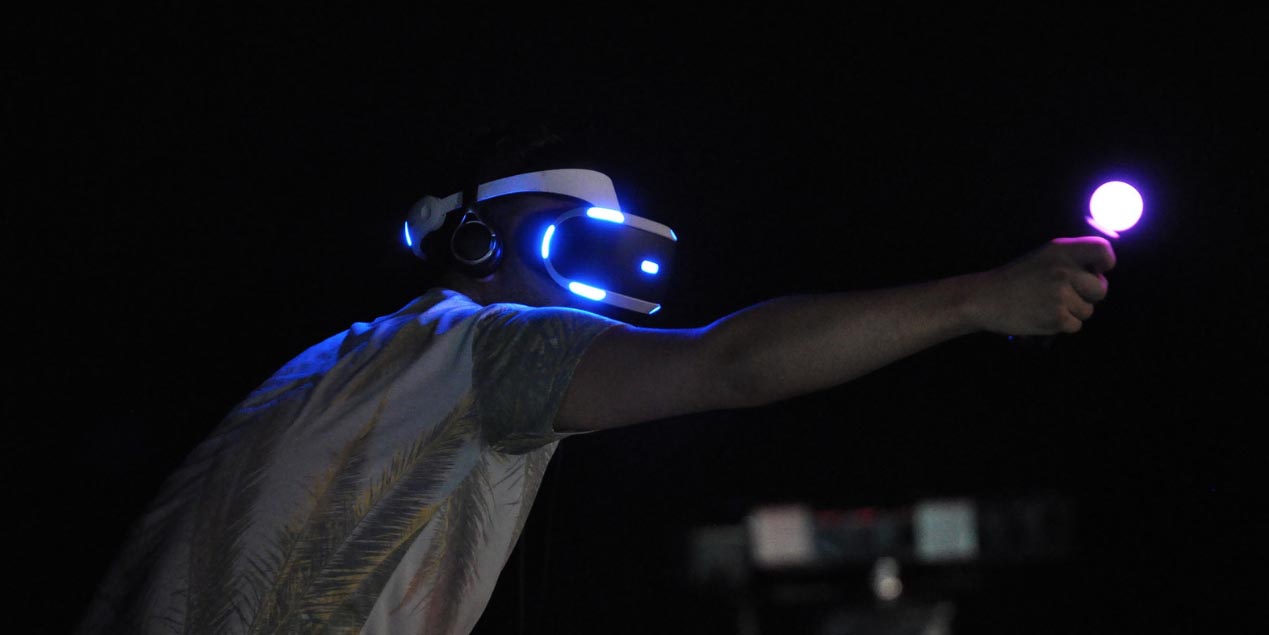
(Image: Marco Vetch, Morpheus, Sony Entertainment)
*
1) VR will work for situations in which location is the key,
not story. The user can use VR to get a front row seat at a sought-after
experience. My daughter wants to go to another Justin Bieber concert, but with
VR I don’t have to go with her this time. This location function will include
the recreation of concerts, dance performances, lectures, theatre shows, and
unfortunately, pornographic acts.

(Image: Justin Bieber, by Adam Sundana/ Flickr CC by SA 2.0)
Normal
0
false
false
false
EN-US
JA
X-NONE
/* Style Definitions */
table.MsoNormalTable
{mso-style-name:"Table Normal";
mso-tstyle-rowband-size:0;
mso-tstyle-colband-size:0;
mso-style-noshow:yes;
mso-style-priority:99;
mso-style-parent:"";
mso-padding-alt:0in 5.4pt 0in 5.4pt;
mso-para-margin:0in;
mso-para-margin-bottom:.0001pt;
mso-pagination:widow-orphan;
font-size:12.0pt;
font-family:Cambria;
mso-ascii-font-family:Cambria;
mso-ascii-theme-font:minor-latin;
mso-hansi-font-family:Cambria;
mso-hansi-theme-font:minor-latin;}
*
2) Reality is a hard act to follow, but augmented reality is
significantly easier. Reality plays itself, but we just add interesting bits to
it. There are a thousand and one uses
for augmented reality, and we have just started to scratch the surface. For example, with a VR headset and augmented
reality, I could be a London cab-driver and never take a wrong turn, from my
first day on the job.
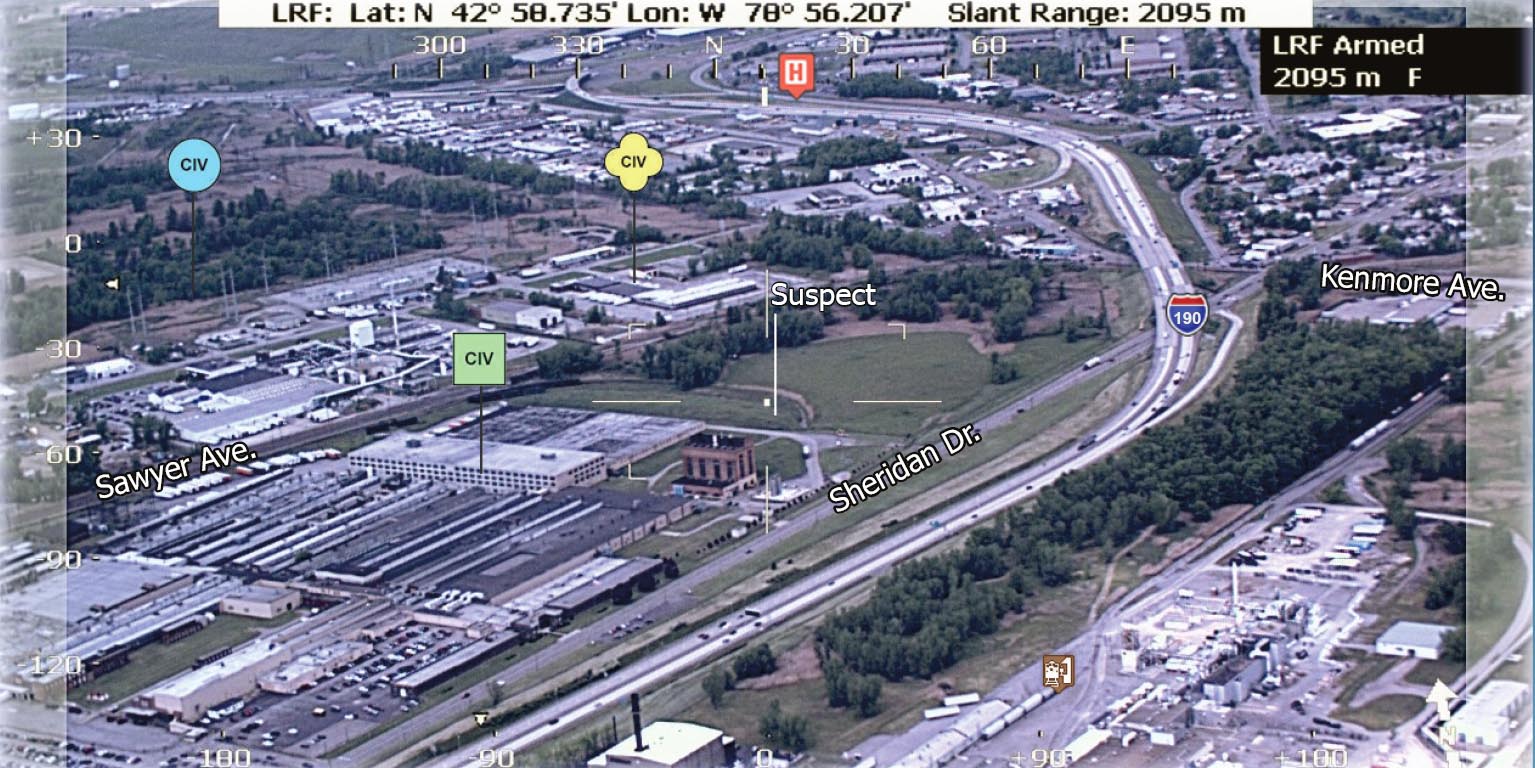
(Image: Winged1der, Creative Commons 4.0 International)
*
3) Sports simulations, adventure games and training programs
are an area where VR will really come into its own from day one, at last for
short periods. Playing Nintendo Sports or Tomb Raider on a screen is fun. Playing
them from inside the action could be even more fun. It will be pretty hard to
keep it up for hours a day, like normal screen-game players like to do, but a
short stint in a VR world can be enormously enjoyable and you can actually
learn things.
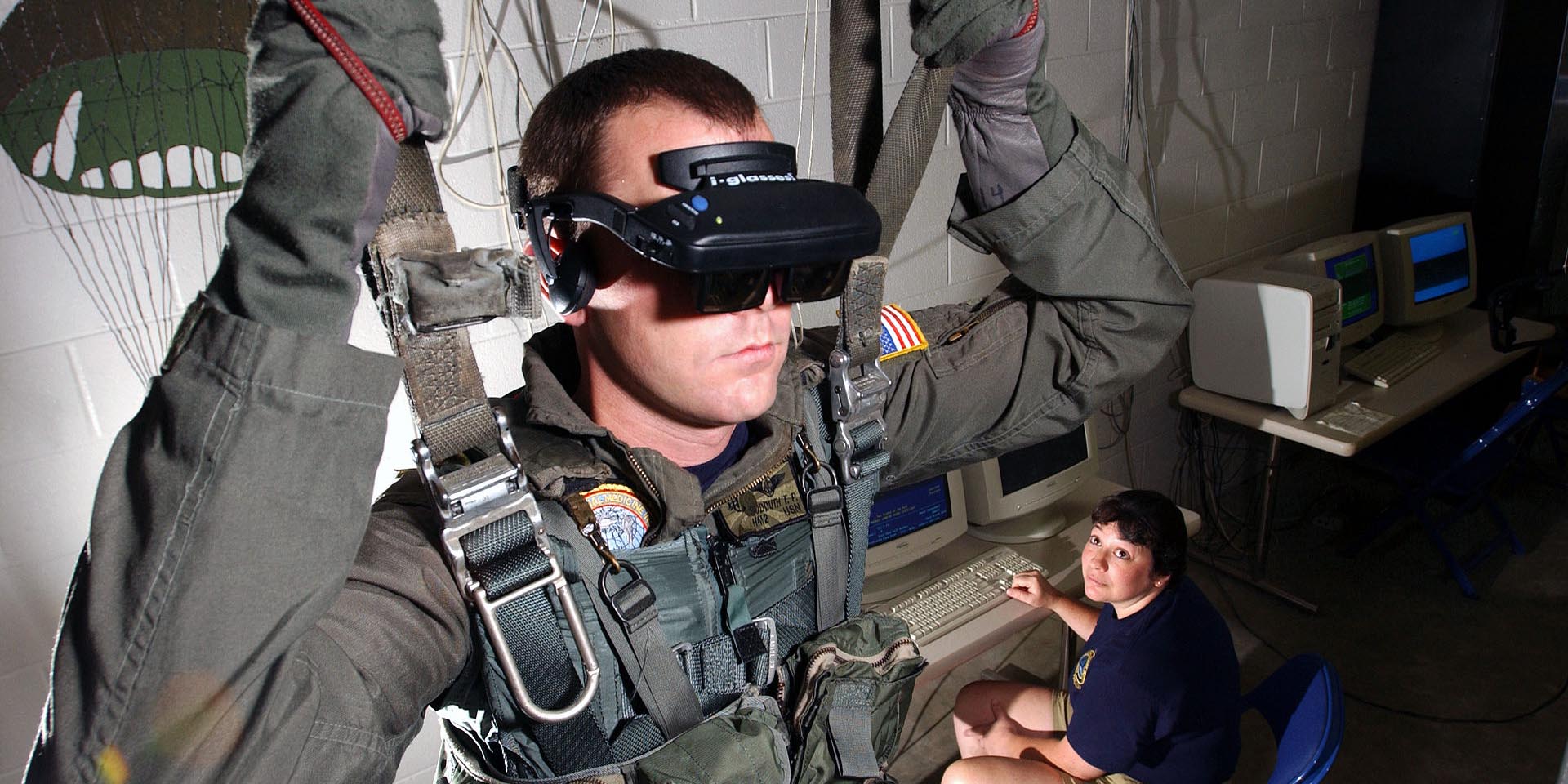
(Image: US Government, Public Domain)
*
4) VR could be the ultimate evolution of social media, of
Facebook or Skype. No, I mean it. Interacting with your social media friends by
typing messages to each other is extremely popular and surprisingly addictive.
Putting on headsets and being in each other’s presence, from time to time,
could be a delight: think of a parent on a work trip sneaking off to tell a
bedtime story to his or her child, a thousand kilometers away.
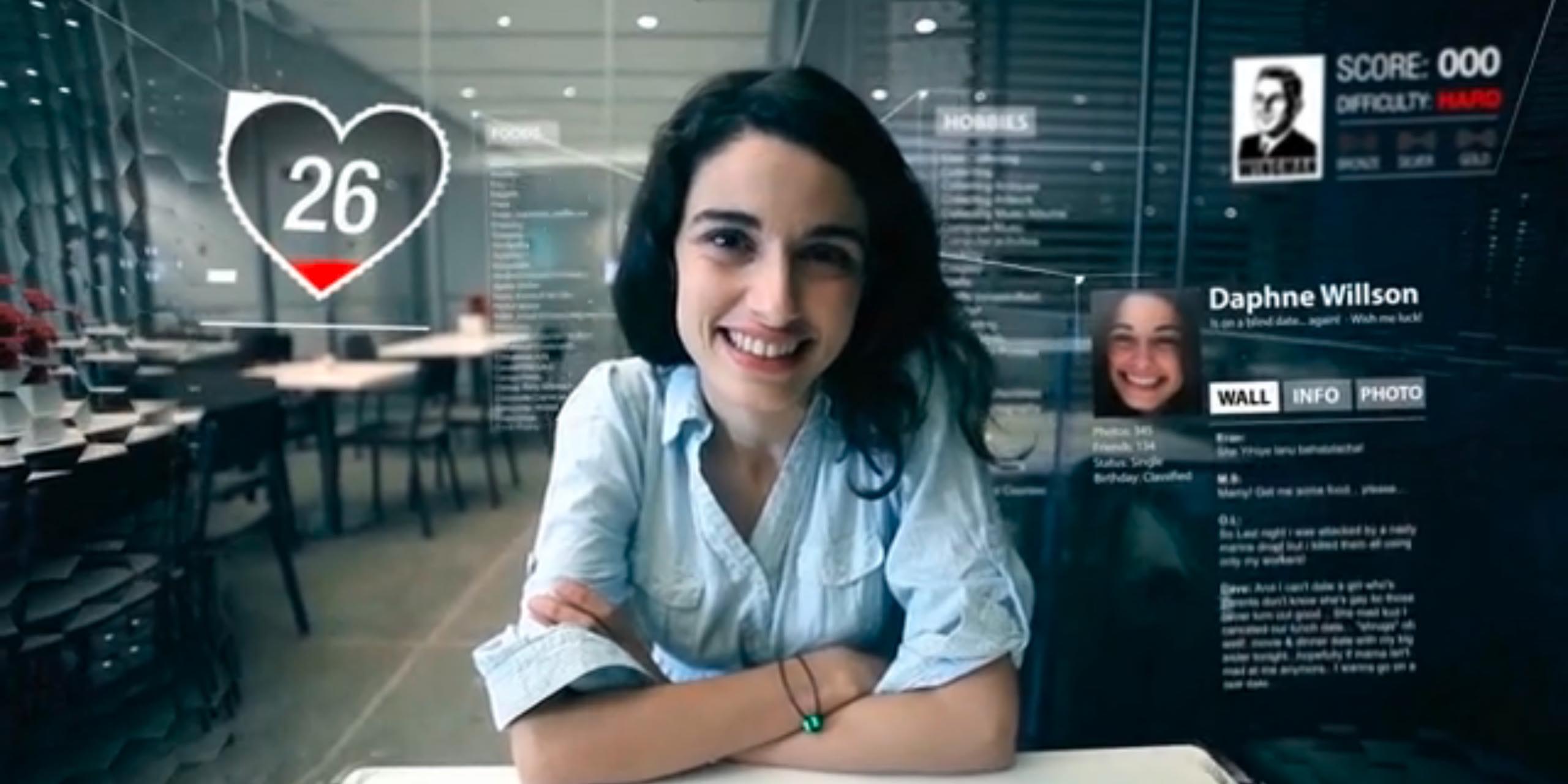
(Image: Public Domain)
*
5) Putting on a VR headset is the ultimate spiritual act.
The ancient definition of spirituality is “as inside, so outside”: humans are existential creatures -- our magic comes from our hardwired belief that our inner selves, somehow, weirdly, have control, or should have control, over outer reality. When VR
programmers give us the tools (wizards) to create our own VR environments, our
inner selves will have full control over our outer reality. Our personalities
will blossom. We will find our wings—maybe literally. Your son might be an
angry teenage punk in real life, but a female angel scattering light and
happiness in the VR reality he makes for himself. As a tool for experiencing
“otherness”, VR is going to find interesting ways to add value to the
world—because each of us will be able to make our own world.
And that will bring our individual imaginations back where
they should be, at the center.
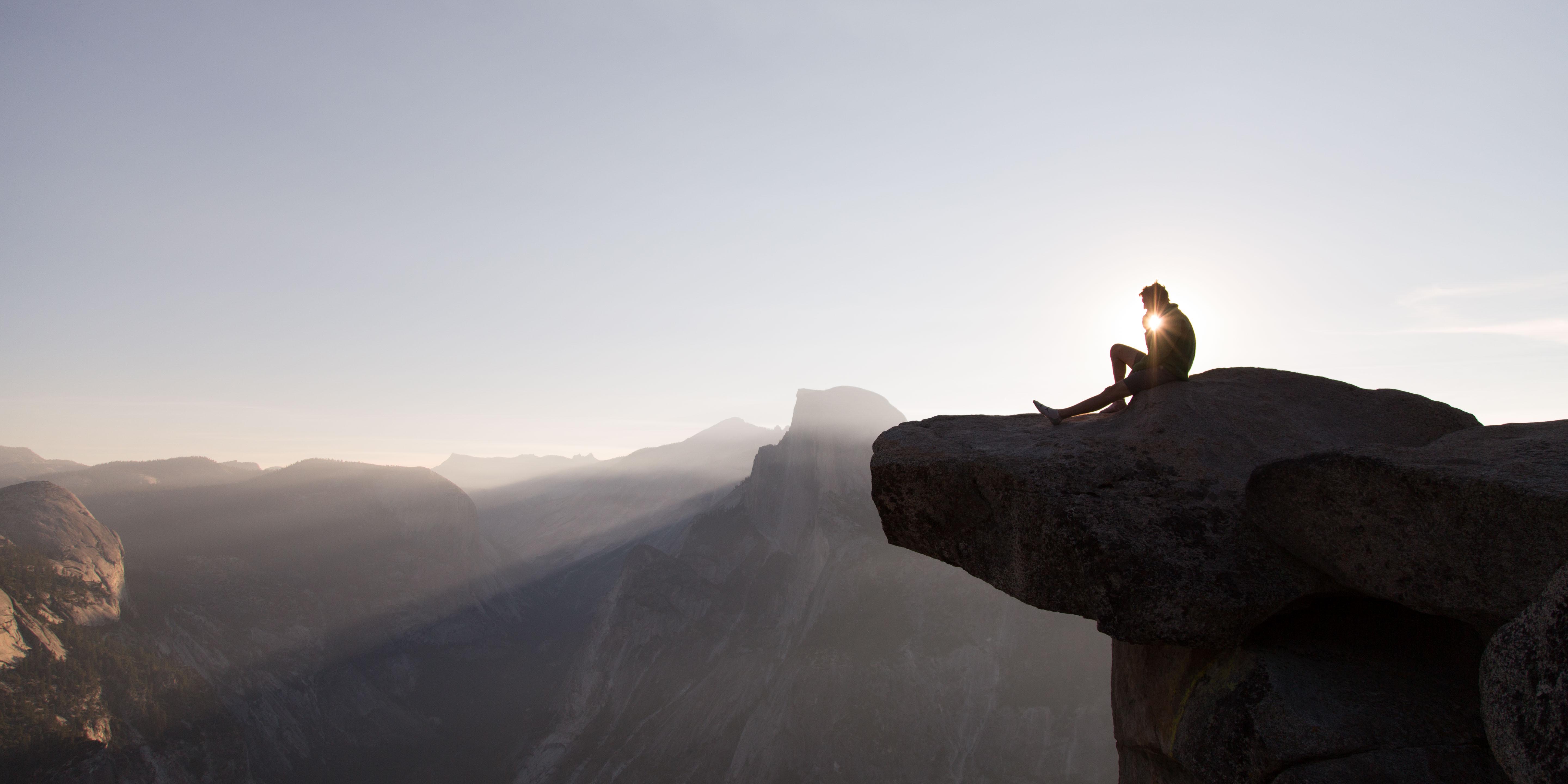
(Image: Pexels; Public Domain)
(Author Nury Vittachi is a teaching fellow in digital entertainment at Hong Kong Polytechnic University)


